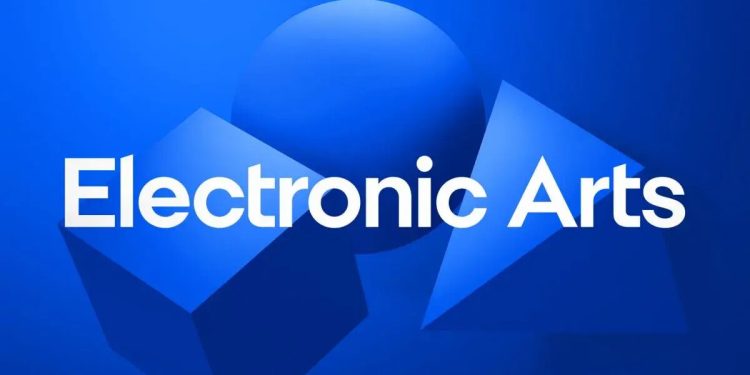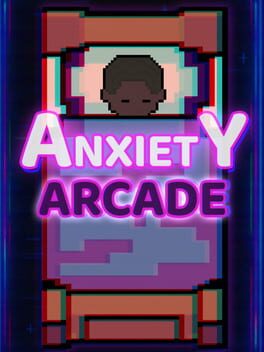Electronic Arts (EA) has expanded its ongoing ‘patent pledge’ by adding 23 patents focused on boosting accessibility in gaming. This expansion builds upon their initial offerings and represents EA’s commitment to fostering an inclusive gaming environment.
The patent pledge was first launched in August 2021, when EA initially shared five patents to improve the experience for players with disabilities. Over the years, this number has grown substantially. With the latest additions, EA now offers 38 patents for developers to use for free. This initiative allows game developers to apply these technologies without financial barriers or fear of legal repercussions.
Among the newly released patents are some quite fascinating technologies that could reshape how games interact with players:
- Intelligent Personalized Speech Recognition – A system that improves speech recognition accuracy by using personal phoneme mappings tailored to individual users’ accents and pronunciation variations.
- Generating Expressive Speech Audio From Text Data – This technology generates expressive audio from text inputs while allowing customization based on desired speaking styles and speaker attributes.
- Generating Speech in the Voice of a Player of a Video Game – A unique system capable of synthesizing speech in a player’s voice using minimal sample data.
- Voice Aging Using Machine Learning – This innovative approach can age an original voice input to match a desired target age without needing additional samples.
- Emotion Based Music Style Change Using Deep Learning – A system designed to adapt the game’s background music based on inferred player emotions during gameplay.
- Dynamically Selecting Speech Functionality on Client Devices – Automatically detects and enables available speech recognition technologies on gaming devices.
This initiative is complemented by the release of an Unreal Engine 5 plugin that incorporates EA’s photosensitivity analysis technology, IRIS. The plugin aims to help developers identify potentially problematic frames that may affect players susceptible to photosensitivity issues, hence promoting safer gaming experiences for all.
“Through our patent pledge, we’re committing that every developer in the industry will be able to use our accessibility-centered technology patents royalty-free,” stated EA regarding their intentions behind this initiative. They emphasize that anyone can freely use these innovations, aiming not just at convenience but also at breaking down barriers faced by gamers with various disabilities-whether they relate to vision, hearing, speech, or cognitive challenges.
The complete list of available patents can be explored further on EA’s patent pledge page.
This step taken by EA might ignite discussions around corporate responsibility within the gaming industry concerning accessibility standards. While it is praiseworthy that such significant resources are being allocated toward inclusivity, one must wonder about potential drawbacks, such as whether smaller studios have adequate support systems to apply these technologies effectively. However, in general, reactions from both developers and players alike seem optimistic about this development, paving the way toward more inclusive gaming experiences moving forward.
The implications here extend far beyond just technology. They represent a cultural shift within gaming, a slow yet steady movement towards recognizing and valuing diverse player needs. As we look ahead to future developments stemming from this commitment by EA and others who might follow suit, it remains necessary for us, as gamers and enthusiasts alike, to promote continued progress in making our favorite pastime accessible to everyone.
We love you all!


























